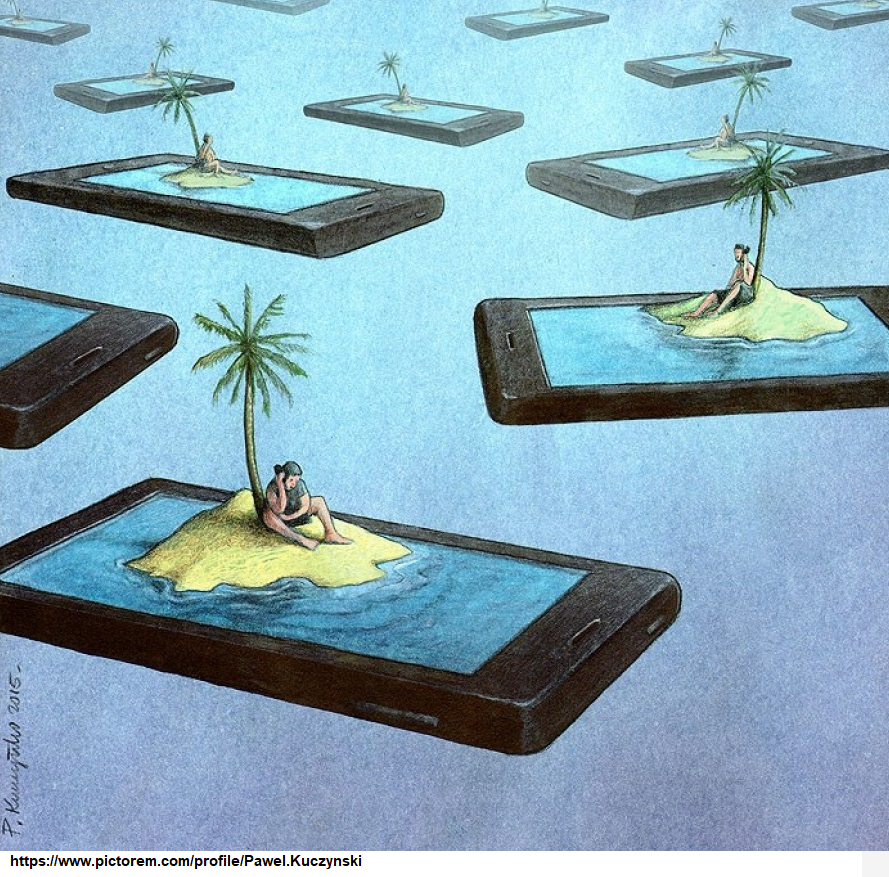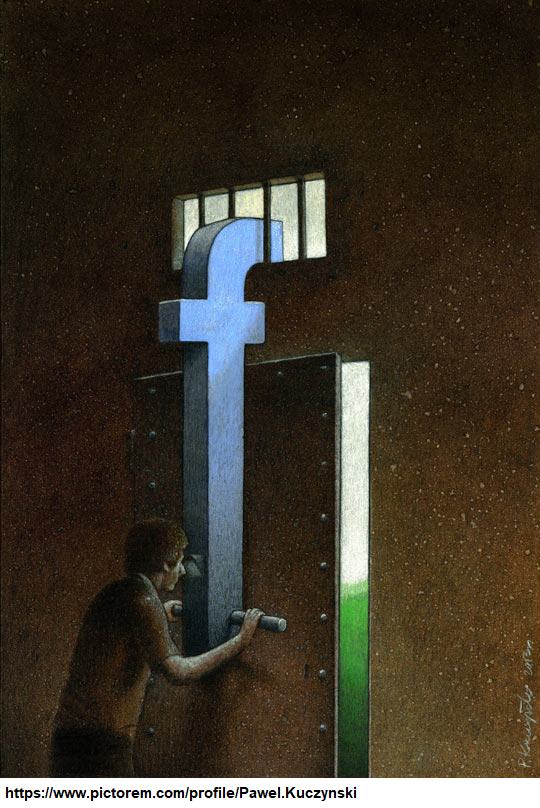Freewill or Social Mediaterminism?
- Beyond Binary

- Feb 14, 2021
- 4 min read
We love to think of ourselves as free; freedom is so important, but are we talking of positive freedom (to do as we wish) or negative freedom (from being subject to things)? Perhaps you'd rather think of us as influenced by our upbringing, genetics and culture? Let's see if there's some middle ground here...

I've always found myself wanting to be the former, when it came to social media, but I've since realised that I was more the latter. There is a war going on, not one fought with guns or drones, but rather with algorithms; the battle or our attention span and clicks.

Social media has given us such opportunity to connect, market, share, enjoy and create dialogue. At the same time, 'social media addiction' has arisen since its widespread use on mobile devices and the rise of dedicated apps with push notifications 1. How many times have you found yourself checking the time, just to end up 15 minutes later endlessly scrolling through Facebook or Instagram? The most devious thing about this kind of addiction is that on the surface, it doesn't seem particularly harmful; a few minutes scrolling here, another video there, a text conversation with a friend.
When we delve deeper into things, we can add up the minutes spend scrolling and over a lifetime, this adds up to weeks, if not months. On your deathbed wouldn't you look back and think, "I wish I'd spent that time doing something more... meaningful..."? The videos we watch can indeed inspire us, inform us, or make us aware of burning issues, yet on the other hand, it turns us into passive spectators, rather than content creators. Text based conversations are taking over from real-life interactions, especially during this current 2020 pandemic, which only seems to be adding to people's sense of isolation and alienation from each other. A video call is so much more real, so much closer to life, but still sterile and intangible. That being said it has been a lifeline for many during strict lockdowns, so there are always pros and cons. Once we go back to our pre-pandemic lives, how dependent on these forms of communication will we be?
We have the positive freedom to join social media networks, apps and platforms, which all clearly come with some benefits. Nevertheless, it is vital that we put some limits in place because we are struggling for our attention as individuals against crack teams of the world's top analysts, programmers and psychologists; all vying to keep us connected to the apps or clicking links and adverts. It's just an impossible numbers game to win without some assistance. I want to have the negative freedom to be free from manipulation by an unfeeling algorithm, but do I have to go to the other extreme of not using it? Only a handful of people are content in abandoning these services, deleting or deactivating their accounts and even these measures come with a price tag of less functionality, restricted content or disconnection from online communities.
Plug-ins and extensions such as AdBlockPlus 2 have allowed us to evade the constant bombardment of adverts and others such as PrivacyBager 3 and Ghostery 4 have given us the opportunity to take back control of the trail of cookies we leak all over the web (which social media companies and big tech use in targeted advertising; essentially the fee which we pay to use their services).

Is there a middle way? Perhaps we need some metaphorical parents? Someone looking over our shoulder, counting the wasted minutes, with the power to limit our time using these services. StayFocused 5 is a very useful extension for Chrome browsers and so many variables can be limited, it really helps with procrastination and can even be put into "Nuclear Mode" where all but a small whitelist of websites are permitted. This is surely our saviour in times where we need intense and sustained focus and concentration. Another lifesaving extension is LeechBlock 6, which is also highly configurable and a vital weapon in our guerrilla counter attack. It doesn't only block entire pages (but can, if necessary) but also limits some features, for instance turning a website into monochrome or inverting a page's colours, which allows us to continue using the service, but detracts from the allure and prompts us to close the page or get back to being productive. There's also a timer that counts down the allocated time on a webpage, which is super useful and just the kind of awareness it would be helpful to cultivate.
Our willpower alone cannot be strong enough in the long term to ensure our freedom. We need such weapons and more to survive. Perhaps we don't have complete freewill, but nor are we slaves to algorithms (yet); we could call it conditional determinism? We're free within certain conditions. An alternative way I heard someone talking about it recently was “freewon't” as in the freedom to choose not to do something. If we're to win this attention war and gain our positive and negative freedoms, we need to start by fighting back and gaining control of our attention. Only when will we have the focus, freedom and energy to look into the even bigger issues of corporate tax evasion by big tech, the need for stronger privacy regulations and the rapidly expanding power and influence of big tech corporations.
1 As detailed in the 2020 Netflix documentary: "The Social Dilemma"



















Comments